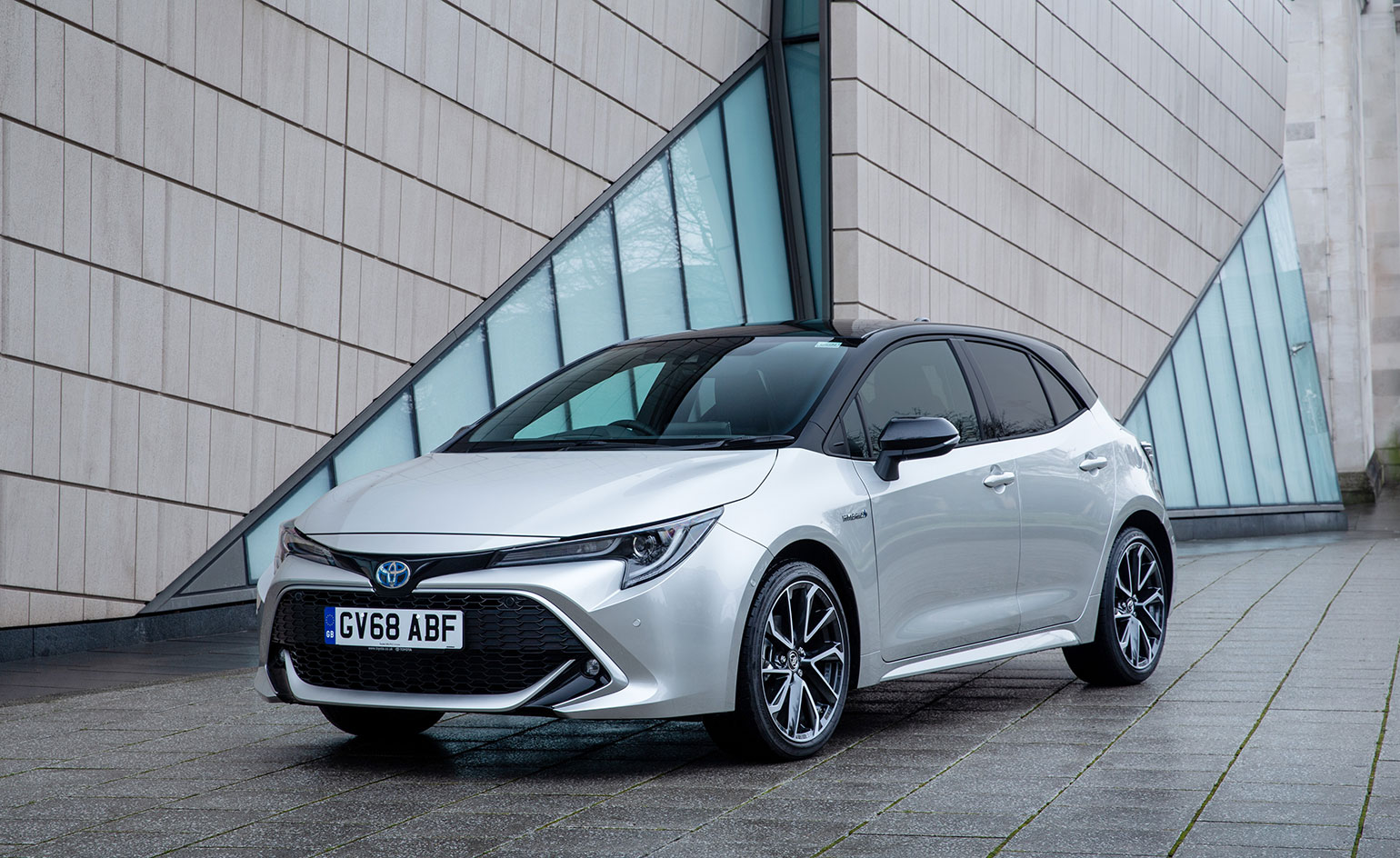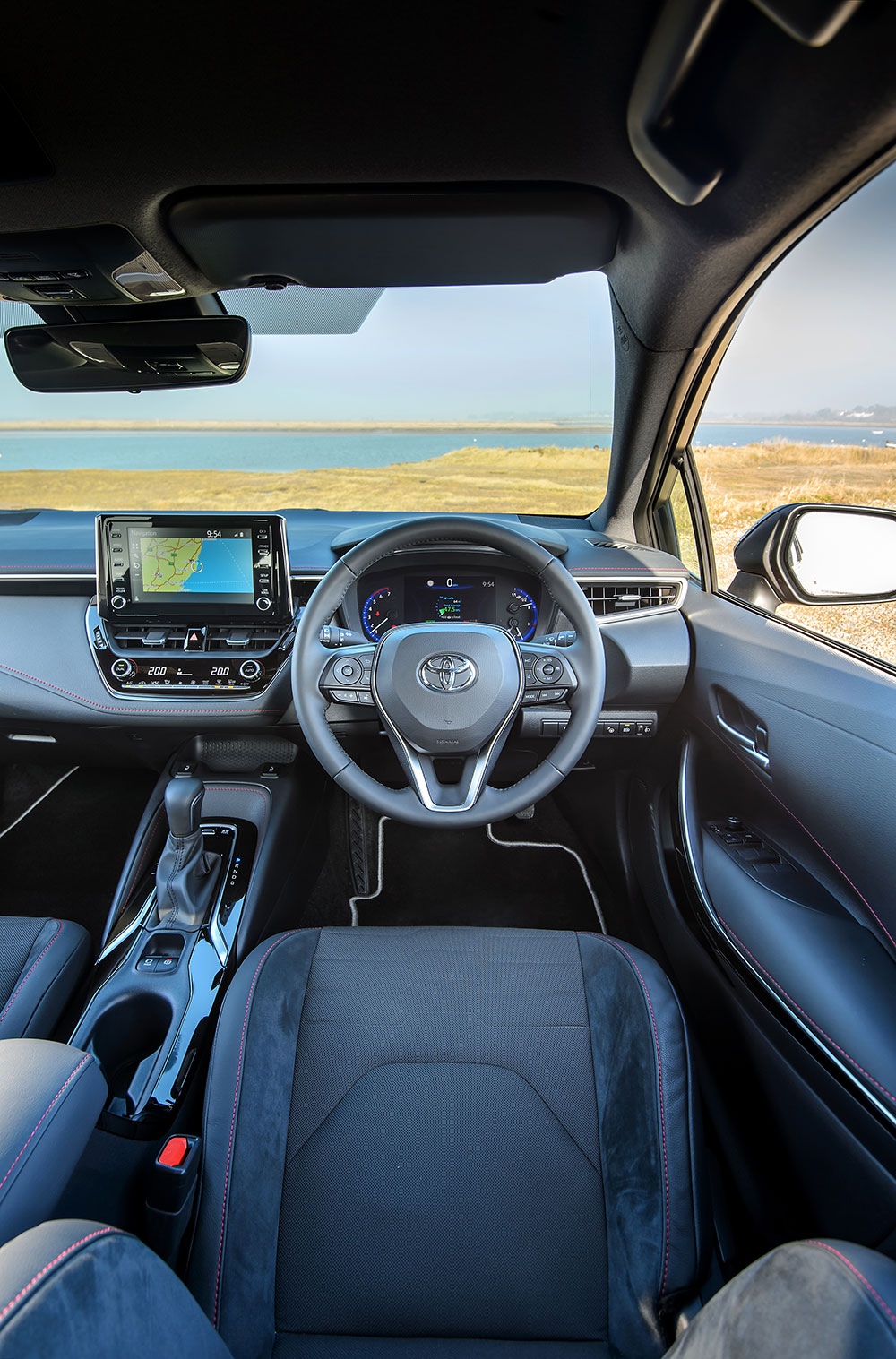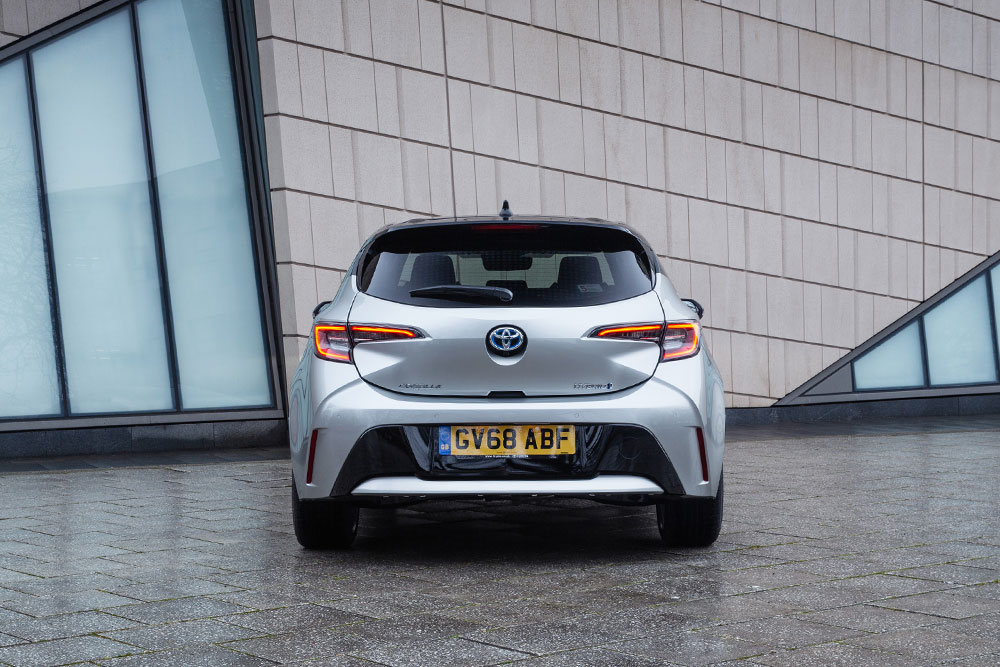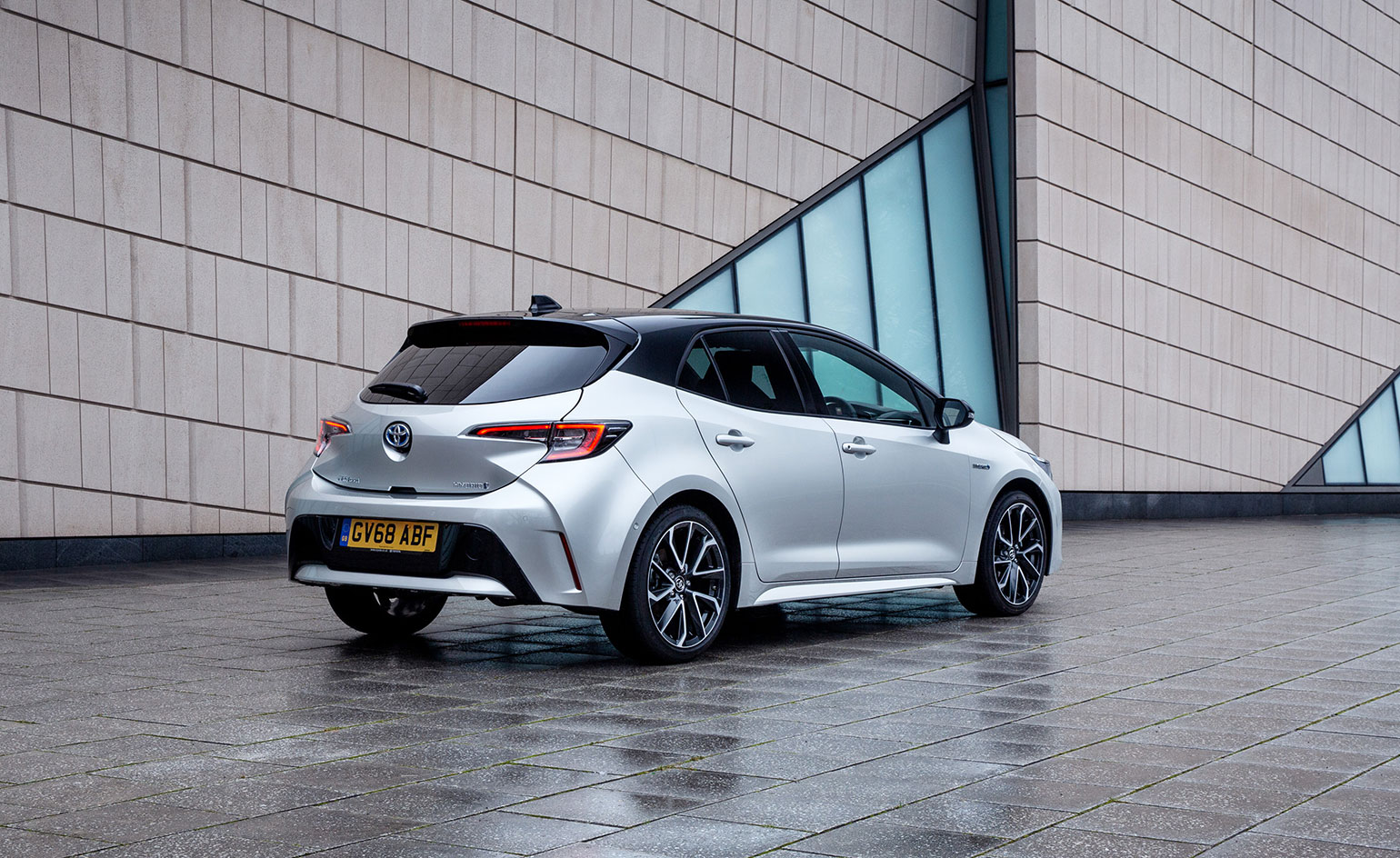Toyota Corolla continues to stand the test of time

Car manufacturing is one of the most highly evolved industrial processes in history. Billions of cars have been built over the past century, with each and every one serving exactly the same purpose. Over time, the process of making cars has become refined to the point of perfection; arguably it is now technology and usage requirements that have been left behind.
Such big questions spring to mind when you get behind the wheel of the latest iteration of Toyota’s venerable Corolla, now the best-selling car nameplate of all time. The name was first introduced in 1966 and has remained a constant in the Toyota range ever since. This newest version is the 12th generation of a nameplate that has sold 45 million examples to date, defiantly occupying the middle market in terms of taste, price and presentation. It is the Samsung Galaxy of cars, as opposed to the iPhone, a technological marvel whose many innovations have been normalised over literally decades of production and millions of examples.

And not just any production. The Toyota method of making stuff is the de facto standard for the modern car factory, a form of just-in-time manufacturing that focuses with laser-like intensity on every detail, constantly honing processes until there is not a wasted second or superfluous screw. Toyota’s own educational material suggests that the 30,000 or so components that go into a car can be assembled from raw material into finished product in around 17-18 hours, regardless of whether that’s at the mothership factories in Nagoya, or its many subsidiaries around the world, including Burnaston in Derbyshire, which assembles Corollas for Europe.
In the past, such mechanised perfection might have brought accusations of bland, personality-free products. To a certain extent, they would be right, but there’s no place for banality in the current car market; character is as fundamental to a successful car as efficiency and safety. The Corolla’s character has definitely evolved and while no-one would call this car the life and soul of a parking lot, the new model is light years ahead of its forebears and frankly the equal of any comparable car on sale today. While the big German and French brands shout loudly about heritage, design and dynamics, the Corolla just gets on quietly with being really, really good.

A seamless hybrid system, refined through the company’s ongoing intensive focus on the technology, underpins this top spec Excel 2.0 Hatchback. There are lower specs (including hybrid-free models) and smaller engines available, as well as a pricier and marginally more practical Touring Sports model, but the hybrid is the sweet spot. Designed to maximise the amount of time you spend running on pure electric power, Toyota’s full hybrid system captures as much regenerative charge as possible from the engine and brakes, all the while tracking your ability to be efficient.
In some hybrids, this gamification of the driving process is a welcome distraction from the fact the car itself is rather dull, but the new Corolla doesn’t let the side down anywhere. It’s more than pleasant to drive, the interior spec is high with good infotainment and mapping, the hybrid is smooth, the ride relaxing and to top it all, it’s actually pretty decent to look at. In fact, we’d go so far as to say that this is one of the most refined mass-market Japanese car designs of recent years, with curves and swoops that finally have purpose and cohesion. It’s far from showy, of course, and brand imagery and associations have a long, long tail, so many might dismiss this car out of hand without giving it a chance. They shouldn’t, because the newest Corolla is a fine piece of contemporary design and an even better car.

INFORMATION
Toyota Corolla Excel 2.0 hybrid, from £27,555. toyota.co.uk
Receive our daily digest of inspiration, escapism and design stories from around the world direct to your inbox.
Jonathan Bell has written for Wallpaper* magazine since 1999, covering everything from architecture and transport design to books, tech and graphic design. He is now the magazine’s Transport and Technology Editor. Jonathan has written and edited 15 books, including Concept Car Design, 21st Century House, and The New Modern House. He is also the host of Wallpaper’s first podcast.